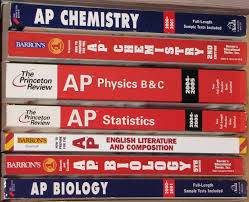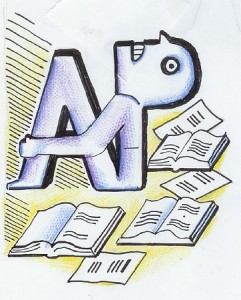One important decision to make in high school is whether or not to take advanced placement courses, college-level classes taught in high school. According to Allen Grove, a college admissions expert, you should take advantage of the courses offered in your school. Taking advanced placement courses will benefit you in both the college application process and undergraduate life.
In a world where entering college is a challenge, taking the AP courses will give you that boost among other college applicants. Your academic record is the most important part of college application thus, succeeding in difficult courses is the surest sign of your preparedness for college which will then impress college admissions counselors.
Advanced placement courses require high-level calculation and critical thinking that you’ll encounter in your first year of college. Therefore, if you’ve successfully passed an AP course, you have developed college-level academic skills which in turn will lead you to a fruitful college life.
If you take enough AP courses, this will help you in saving money in the long run. You can potentially graduate a semester or even a year early which is a good idea for students who are not receiving financial aid. Instead of spending tens of thousands of dollars for another semester or year, graduating early is a great option.
Choosing a major sooner is also one of the benefits in taking advanced placement courses. Each course provides in-depth introduction to a specific subject area and a high score on an AP exam often fulfills one of a college’s general education requirements. Therefore, it will give you ample time to explore different academic fields.
Colleges also honor credits earned from taking advanced placement courses. With this, you can take more elective classes that serve your interests like glass blowing or the occult. You can also add a minor or second major more easily because AP credits will make it more feasible.






